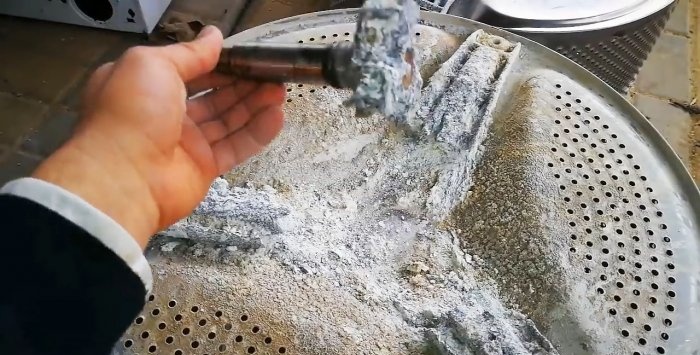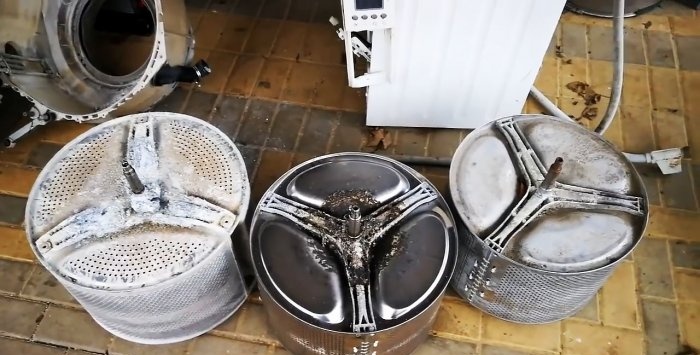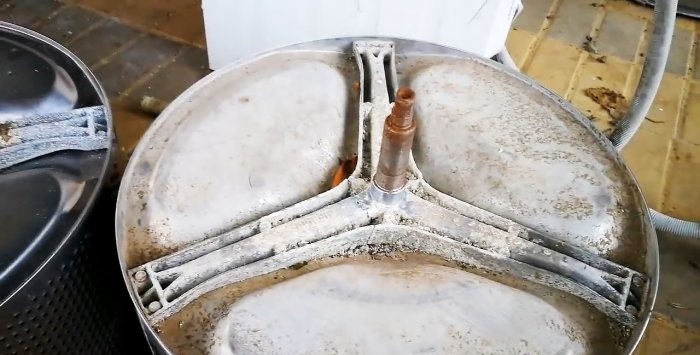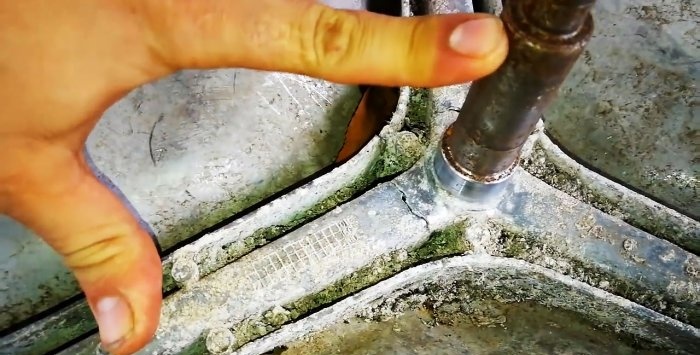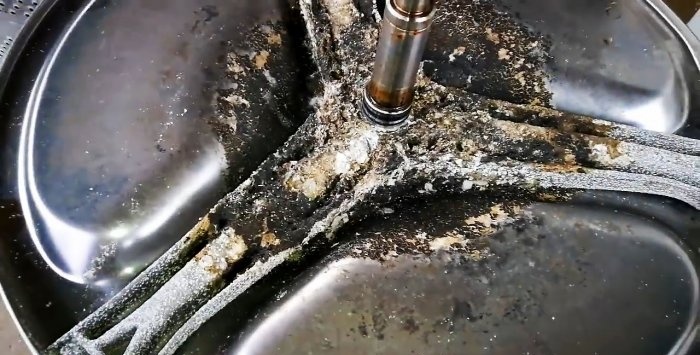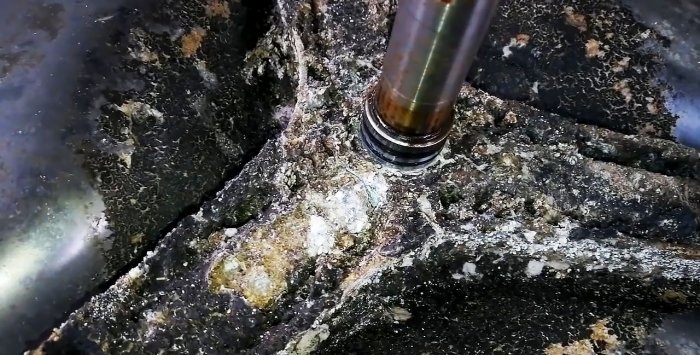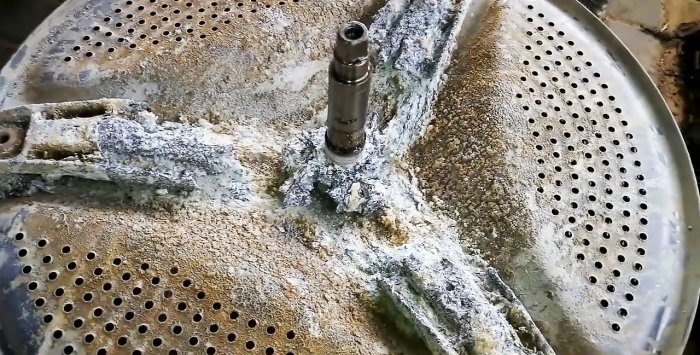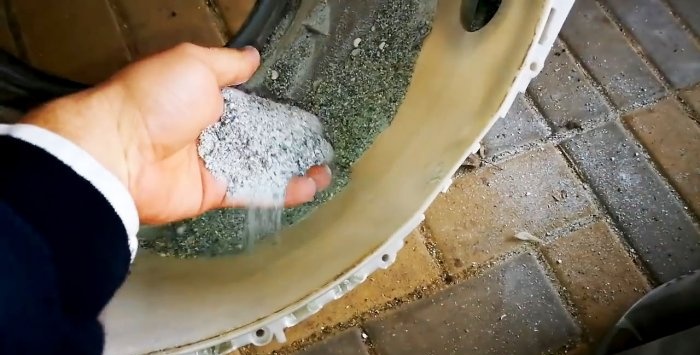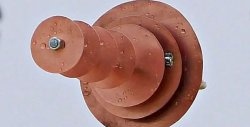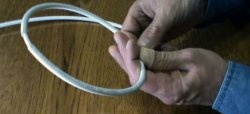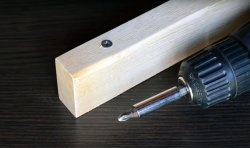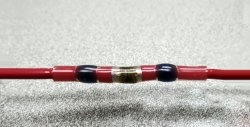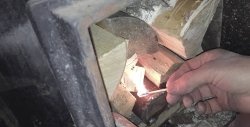The consequences of adding citric acid to washing machines
In many regions of our country, water quality indicators do not meet the standards for household appliances. It contains a lot of calcium salts; at high temperatures or after each drying, hard deposits form on the surfaces, which negatively affect the appearance and technical parameters of all components of the washing machine. The appearance of scale has a particularly bad effect on heating elements - they overheat and fail prematurely. In addition, a scale thickness of 1.5 mm increases electrical energy consumption by 10%.
The industry produces a special preparation, such as Calgon or another, that softens the water and minimizes the amount of solid deposits. But housewives either forget to use it in a timely manner or abandon it altogether due to the relatively high cost. For cleaning, they use old grandmother's recipes - citric acid.
There is no identical reaction; it depends on the physical and chemical properties of the materials used to make the parts.The effect of acid is demonstrated using the example of three washing machine tanks. If stainless steel does not react to acid, then silumin treats it extremely negatively. Silumin is the most used alloy in inexpensive washing machines. Chemical composition - aluminum and silicon (up to 22%), alloying additives can be added to improve physical parameters. But such technologies increase the cost of metal, which manufacturers of the cheap segment of household appliances really don’t like.
At the first stage, the metal surface is destroyed to a depth of approximately 1 mm, and the loaded elements crack. But the machine can still work for a short time, although there is already a crack.
At the second stage, the destruction of the metal increases, cracks increase to critical sizes. The washing machine needs urgent repair.
The third stage does not occur in practice; units are not operated until such a state. For clarity, an experiment was carried out - the surface of silumin was poured with a solution of citric acid. As a result, the alloy turned into dust and completely lost its load-bearing properties.
In terms of all physical and chemical characteristics, silumin ranks last, and its physical fatigue parameters are so low that plumbing products crack over time under the influence of very slight loads.
Why do manufacturers use such a weak alloy with such a “strong” name? The answer is simple: low cost, manufacturability, light weight and a very attractive name. Ordinary consumers do not know that the name includes part of the words silicium (silicon) and aluminum, but are sure that this is evidence of the strength of the metal.
Professional plumbing equipment repairmen strongly do not recommend using citric acid as a means to descale washing machines. You need to know that replacing completely failed parts is always much more expensive than saving a special product. This is not advertising, but objective reality.
To remove unpleasant odors, it is enough to wash the laundry several times a month at a high temperature - fungi and mold are destroyed.
The industry produces a special preparation, such as Calgon or another, that softens the water and minimizes the amount of solid deposits. But housewives either forget to use it in a timely manner or abandon it altogether due to the relatively high cost. For cleaning, they use old grandmother's recipes - citric acid.
How washing machine parts react to citric acid
There is no identical reaction; it depends on the physical and chemical properties of the materials used to make the parts.The effect of acid is demonstrated using the example of three washing machine tanks. If stainless steel does not react to acid, then silumin treats it extremely negatively. Silumin is the most used alloy in inexpensive washing machines. Chemical composition - aluminum and silicon (up to 22%), alloying additives can be added to improve physical parameters. But such technologies increase the cost of metal, which manufacturers of the cheap segment of household appliances really don’t like.
At the first stage, the metal surface is destroyed to a depth of approximately 1 mm, and the loaded elements crack. But the machine can still work for a short time, although there is already a crack.
At the second stage, the destruction of the metal increases, cracks increase to critical sizes. The washing machine needs urgent repair.
The third stage does not occur in practice; units are not operated until such a state. For clarity, an experiment was carried out - the surface of silumin was poured with a solution of citric acid. As a result, the alloy turned into dust and completely lost its load-bearing properties.
In terms of all physical and chemical characteristics, silumin ranks last, and its physical fatigue parameters are so low that plumbing products crack over time under the influence of very slight loads.
Why do manufacturers use such a weak alloy with such a “strong” name? The answer is simple: low cost, manufacturability, light weight and a very attractive name. Ordinary consumers do not know that the name includes part of the words silicium (silicon) and aluminum, but are sure that this is evidence of the strength of the metal.
Conclusion
Professional plumbing equipment repairmen strongly do not recommend using citric acid as a means to descale washing machines. You need to know that replacing completely failed parts is always much more expensive than saving a special product. This is not advertising, but objective reality.
To remove unpleasant odors, it is enough to wash the laundry several times a month at a high temperature - fungi and mold are destroyed.
Watch the video
Similar master classes

We check the heating elements of the washing machine before and after use
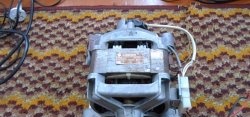
How to connect the motor from a washing machine to 220 V
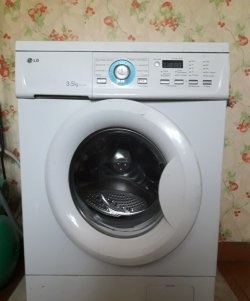
How to extend the life of your washing machine
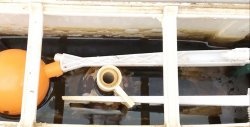
How to easily remove solid deposits from the cistern
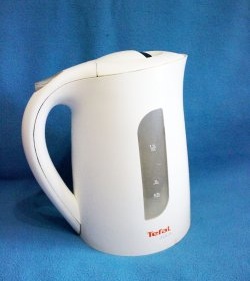
Cleaning the electric kettle: the most environmentally friendly and affordable method
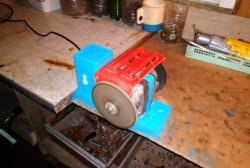
Sharpener from a washing machine engine
Particularly interesting
Comments (22)

